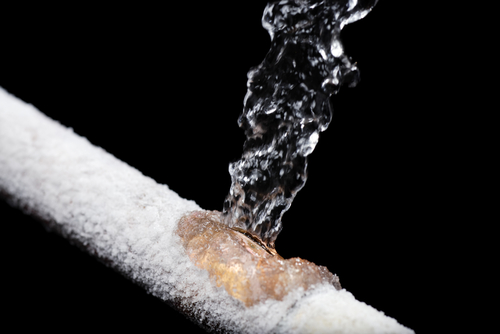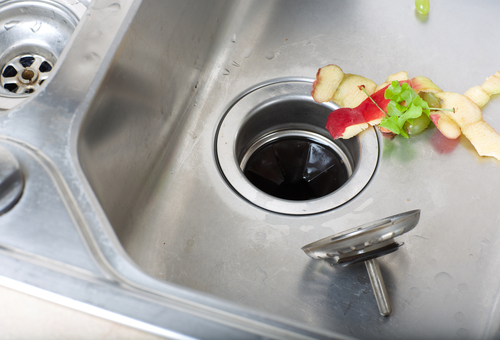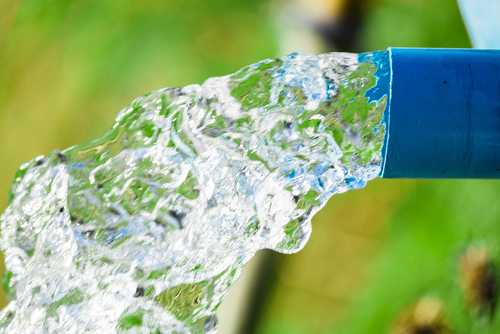Avoiding 6 Common Water Pipe Problems
Making sure that everything works in your home can get overwhelming. One of these responsibilities is to take care of your pipes. To avoid water pipe problems, it helps to know what they are.
While maintaining your plumbing systems is not always at the top of your to-do list, failing to do so can result in major problems. In today’s post, we’ve listed down some of the most common water pipe problems at home and how to avoid them.
Below are the most common household water pipe problems. If you find any water stains and damp cabinets may be signs of a more threatening issue. It’s essential to find out what’s causing them as soon as you can and address the issues. Make sure to employ the services of your trusted local plumber.
Broken and Leaky Pipes
We strongly advise hiring a professional to conduct an annual inspection of your home’s plumbing. They have the tools and expertise to check for signs of corrosion and decay, which causes your pipes to break and leak.
A professional plumber can also assess your washing machine, water heater, and other water-supplying appliances and check if they need replacing. If these water-supplying units are producing excessive water pressure, it can cause your pipes to leak. Make sure your plumber evaluates the water pressure in your home and make the necessary adjustments.
Frozen Pipes
While other minor water pipe problems are an inconvenience, frozen pipes pose a serious and expensive threat. You would have to spend thousands of dollars to fix the damages when frozen pipes burst.

If you live in a colder place, this is one of the water pipe problems you should make sure you are prepared for.
Before the colder season sets in, take the necessary steps in protecting your pipes. Use pipe insulation wrapping or pipe insulation sleeves
Keep all cabinet doors open – especially when it’s cold – so there’s warm air circulating around the pipes. Another step you can do is to turn the faucet on and let it drip during colder weather. Make sure the temperature inside your house doesn’t go anywhere below 55°.
Even if you live somewhere with a milder climate, you need to make sure you are checking for frozen pipes – as freezes could still be a possibility.
Clogged Pipes
One of the most common water pipe problems is when the pipes get clogged. Debris such as dirt, hairs, and pet furs can build up and block the pipes and drainage. You can use a drain cleaner to clear away these obstructions. However, when you use a drain cleaner regularly, it may be bad news for the pipes.
Put a drain filter in all your tubs and sinks. This is an affordable and straightforward way to prevent debris from clogging up your pipes and drains. If even after you use a drain cleaner and drain filter and you’re still having water pipe problems, please call a professional to figure out the issue.
Sewer Backup
Prevention is the best cure for sewer backup. The main thing to remember is to empty your septic tank (if you have one) regularly. The schedule of emptying your tank will depend on these factors: the size of the septic tank and how many there are in your household.
According to the United States Environmental Protection Agency, septic tanks for most households should be emptied every three to five years. If your main sewage line connects to a municipal or city sewage line, make sure it’s cleaned every two years.
Backed-Up Garbage Disposal

Some people treat their garbage disposal as trash can. That’s the first mistake most people make that leads to a backed-up garbage disposal.
Not every debris can go down the disposal. Grease, oil, eggshells, starchy foods such as rice and potatoes are some of the main culprits in clogging up your disposal – so make sure you dispose of those items in the trash can or compost.
If your garbage disposal is clogged, put garbage down to it gradually with cold water. If it’s still backed-up, call your local plumber for help.
Say Goodbye to Water Pipe Problems
Don’t let water pipe problems disrupt your home life. Make sure you’re taking the necessary precautions in maintaining your plumbing systems at home.
